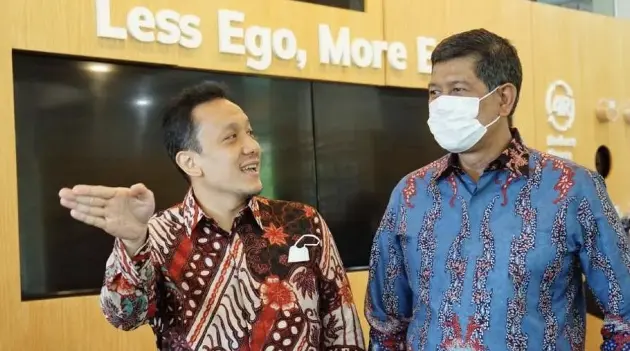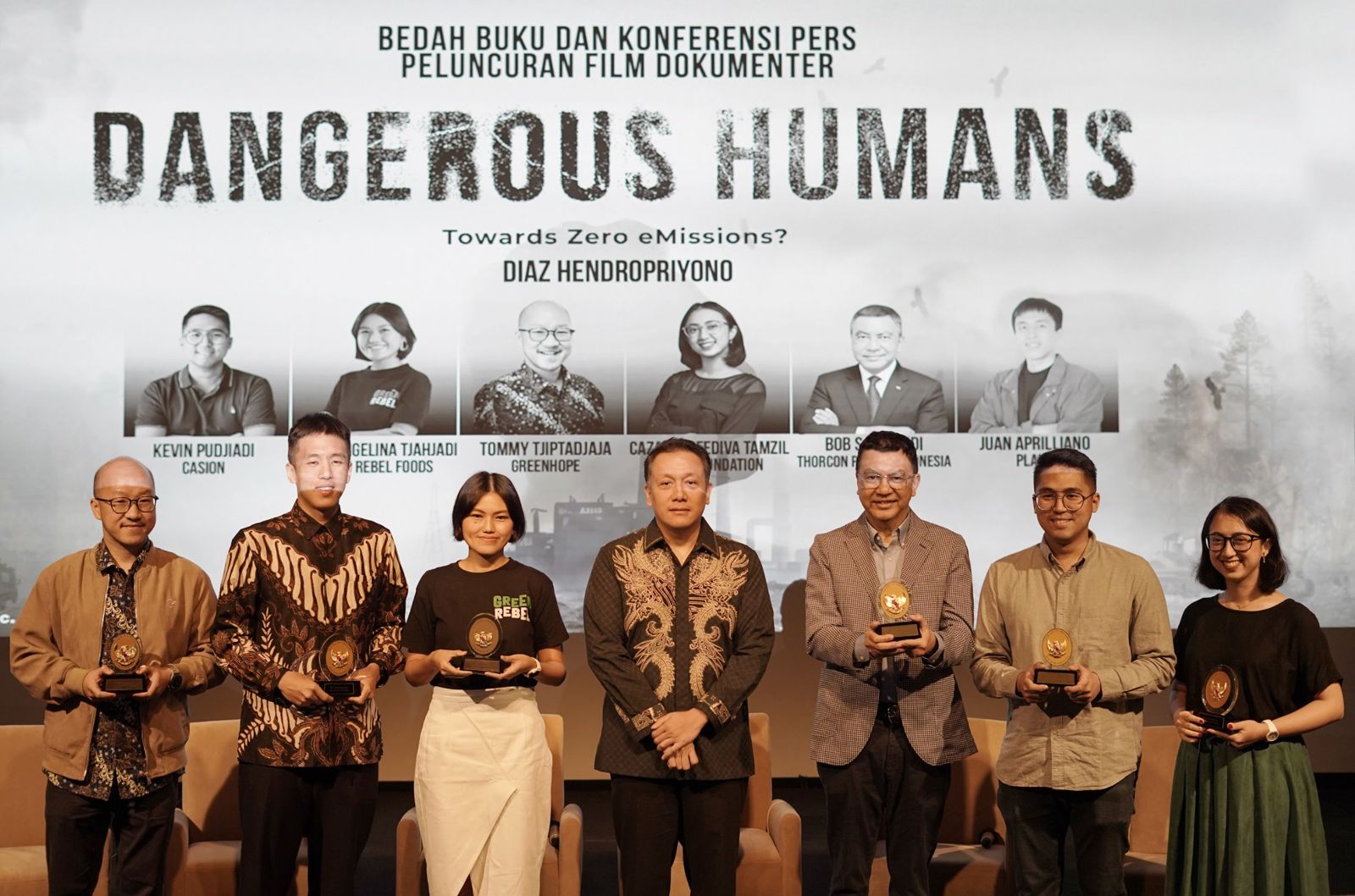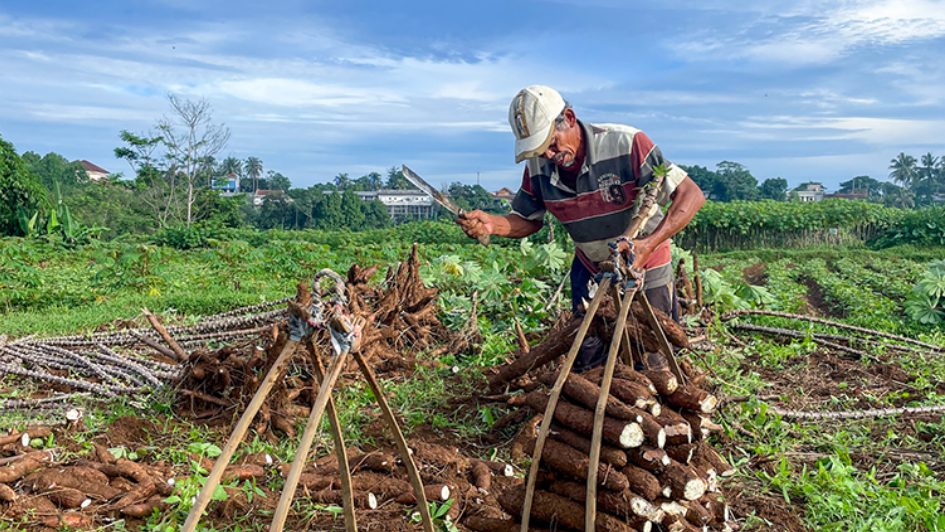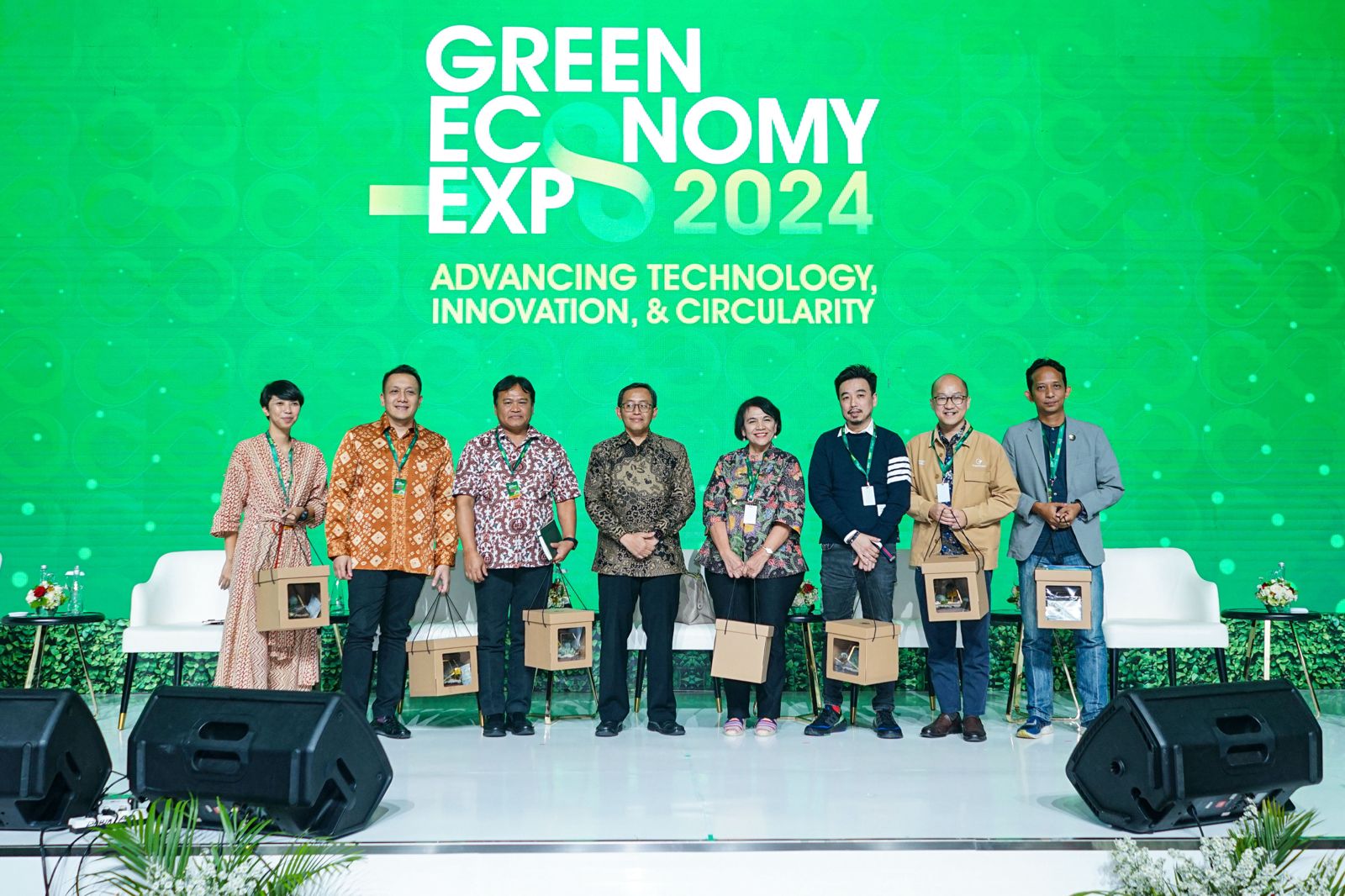Presidential Staffer Mentions Cassava Plastic Can Be a Solution to Plastic Waste Problem
Thursday, 20 October 2022
The issue of plastic waste is still a problem in the world, including in Indonesia. Presidential Special Staff, Diaz Hendripriyono said, although this plastic can be decomposed for hundreds of years, it still leaves traces in the form of microplastics. Diaz said this when attending the Green Industry Gathering in Cikupa, Tangerang, Banten. ‘Although plastic waste can decompose after tens to hundreds of years, it will not completely disappear because it turns into microplastics: small particles that are invisible to the eye and will end up in our lungs,’ Diaz Hendropriyono said, in his statement, Tuesday 18 October 2022.
The Green Industry Gathering was also attended by Pertamina's President Commissioner Basuki Tjahaja Purnama, Chairman of the TNI-AD Retired Association (PPAD) Lieutenant General (Ret.) Doni Monardo, Dahlan Iskan, Head of the Industrial Services Standardisation and Policy Agency of the Ministry of Industry Doddy Rahadi, and green industry players in the country.
Diaz explained how plastic waste is a big problem for Indonesia. Especially the waste that pollutes the sea today.
‘Indonesia has become the second largest country in the world in polluting the oceans with plastic waste. I strongly agree and support Mr Tommy's (CEO of Greenhope) statement, that there is no single solution to the plastic waste problem. What we should encourage is the collaboration and synergy of all stakeholders,’ Diaz explained. Plastic waste in the ocean will become microplastics. This is quite dangerous. Because it will be consumed by fish, and the fish are consumed by humans. He assumed that the average human consumes microplastics the size of a credit card in a week. Even according to him, this is quite alarming when there are studies that have found microplastics in the placenta of newborn babies.
During the event, the 3Rs (reduce, reuse, recycle) were presented. This programme will continue to be implemented, while the 4th R: return to earth, must continue to be developed. This includes, as Greenhope has done, the development of plastic products made from cassava. The information is that this product has received patents in various countries such as America and Singapore. It has also become the packaging for various food commodity products exported to various countries in Europe. ‘Indonesia has the golden opportunity to be at the forefront of this field,’ said Greenhope CEO Tommy Tjiptadjaja.



